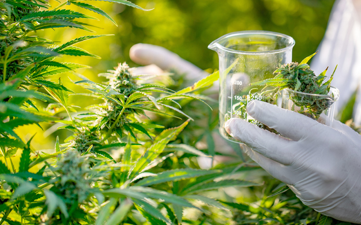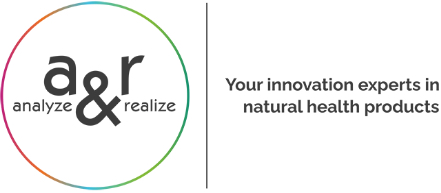
In November 2020, the Court of Justice did not classify Cannabidiol (CBD) as a narcotic drug because it has no psychotropic effect. Consequently, CBD could be qualified as food. However, CBD is considered a novel food and currently, 19 of more than 150 applications submitted are under risk assessment at EFSA, with most applications for hemp-derived CBD and some for chemically synthesized CBD. EFSA has collected the existing literature data and while assessing the applications, it has become clear that the data are neither sufficient for an individual product nor for the overall picture. There are gaps in knowledge that need to be addressed before a conclusion on the safety of CBD as a food ingredient can be drawn. You can read the full EFSA statement here.
In this statement, EFSA outlined several data gaps and uncertainties in the safety assessment of CBD. The studies submitted were often not conducted with the specific product, but have been carried out with Epidyolex®, a CBD drug authorized to treat epilepsies.
Some of the significant data gaps pointed out by EFSA relate to the effects of CBD on human metabolism. Since CBD has a certain bioavailability depending on the matrix used to deliver the CBD, further studies on toxicokinetics are required. Although there is clear evidence of liver toxicity, and no NOAEL can be derived from available studies, no further investigations were sought to date. The indications of reproductive toxicity have also not been adequately investigated. Furthermore, the potential interactions with other drugs need to be clarified because of the common metabolic pathway.
As an important point, EFSA emphasizes the need for long-term human data and studies with healthy people, rather than patients suffering from epilepsy. EFSA will only be able to conclude on the safety of CBD as a novel food ingredient after the applicants have filled the data gaps.If you need advice on the required studies in this context, get in touch with us. a&r can be your reliable partner to evaluate the safety of your CBD product in clinical trials.
.
